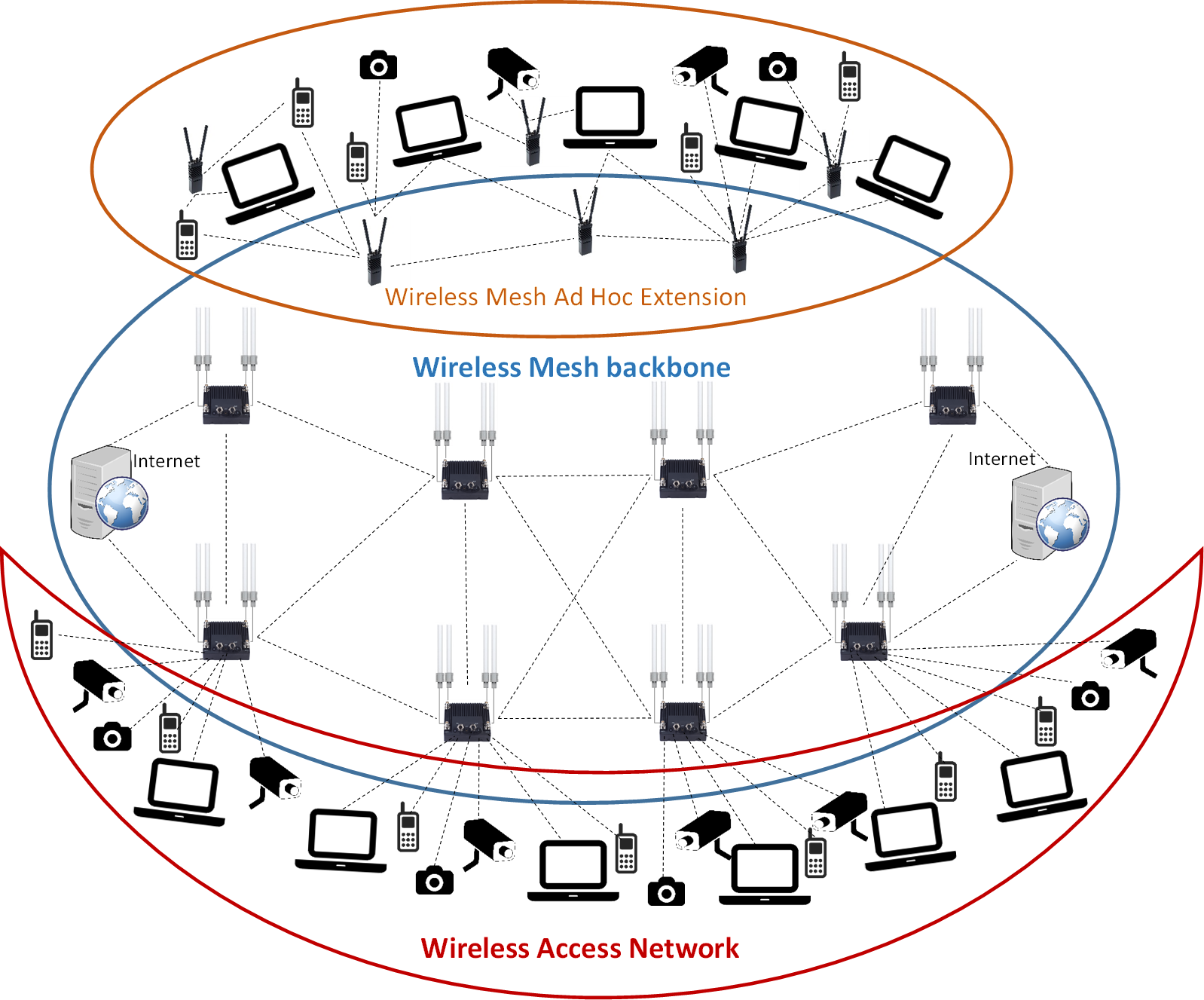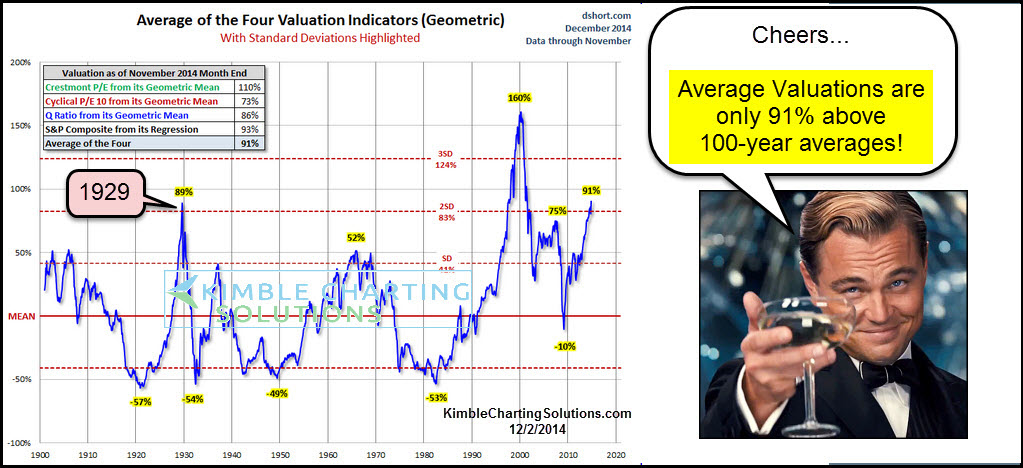Analyzing The Geopolitical Shift: Greenland, Denmark, And Trump's Legacy

Table of Contents
Trump's Greenland Proposal: A Geopolitical Earthquake
The Initial Reaction: International Surprise and Denmark's Firm Rejection
Trump's suggestion to buy Greenland was met with widespread international surprise and a swift, firm rejection from Denmark.
- Denmark's Official Response: The Danish Prime Minister, Mette Frederiksen, publicly stated that Greenland was not for sale, emphasizing Greenland's autonomous status within the Kingdom of Denmark. The response was characterized by polite but firm refusal, highlighting the absurdity of the proposal.
- International Media Coverage: The proposal dominated global headlines, sparking numerous debates and analyses on its implications for international relations, Arctic sovereignty, and the future of Greenland's autonomy. The event became a symbol of unpredictable US foreign policy.
- Immediate Geopolitical Implications: The proposal instantly elevated Greenland's geopolitical profile, attracting increased attention from various global powers vying for influence in the Arctic region, particularly regarding resource access and strategic positioning. Power dynamics shifted as Greenland's autonomy and self-determination were thrust into the spotlight.
The Underlying Strategic Interests: Why Greenland Matters
Greenland's strategic value lies in several key factors:
- Vast Mineral Resources: Greenland possesses substantial reserves of minerals, including rare earth elements crucial for modern technologies, attracting significant international interest. This makes Greenland a key player in the global supply chain of critical minerals.
- Geopolitical Location: Greenland's Arctic location offers significant geopolitical advantages, including access to crucial shipping routes and strategic military positioning. The melting Arctic ice cap further increases its strategic importance, opening up new trade routes and resource exploration opportunities.
- Military Value: The island's geographic position makes it valuable for military purposes, enhancing surveillance capabilities and strategic control within the Arctic. This strategic importance is increasingly relevant in the context of great power competition.
- Global Power Interests: The US, China, and Russia, among others, have expressed varying degrees of interest in Greenland, reflecting the growing competition for resources and influence in the Arctic. This competition adds layers of complexity to Greenland's already complex relationship with Denmark and the US.
The Long-Term Impact on US-Denmark Relations: Strained Ties and Future Collaborations
Trump's proposal significantly strained the historical relationship between the US and Denmark.
- Damage to Relations: The proposal was perceived by many as disrespectful and inappropriate, damaging trust and undermining years of diplomatic cooperation. This diplomatic fallout impacted other areas of US-Denmark cooperation.
- Potential for Future Cooperation: Despite the strained relations, the need for Arctic cooperation, especially regarding climate change and resource management, necessitates future collaborations between the US and Denmark. The Arctic's shared challenges require a collaborative approach, irrespective of past diplomatic hiccups.
Greenland's Evolving Autonomy and Self-Determination
Greenland's Path to Independence: Historical Context and Current Status
Greenland's journey toward greater self-governance is a long and complex one.
- Danish Rule: For centuries, Greenland was under Danish colonial rule, which significantly impacted its social, economic, and political development.
- Gradual Self-Governance: Over the years, Greenland achieved increasing levels of autonomy, culminating in its current status as a self-governing territory within the Kingdom of Denmark.
- Debate on Independence: The debate regarding full independence remains ongoing. While there's significant support for greater self-determination, the economic realities and challenges of full independence remain significant hurdles.
Greenland's Economic Dependence and Diversification: Challenges and Opportunities
Greenland faces significant economic challenges due to its dependence on Denmark.
- Economic Reliance on Denmark: A substantial portion of Greenland's budget is funded by Denmark, resulting in economic vulnerability and limited diversification.
- Economic Diversification: Greenland is actively pursuing economic diversification strategies, focusing on mining, fishing, and tourism as potential avenues for growth and reducing reliance on Denmark. These efforts are vital for securing long-term economic sustainability.
Greenland and the Arctic Council: International Collaborations and Influence
Greenland plays a significant role within the Arctic Council.
- Role in the Arctic Council: Greenland participates actively in the Arctic Council, a prominent intergovernmental forum addressing issues of environmental protection, sustainable development, and scientific cooperation in the Arctic region.
- Influence on Arctic Policy: Greenland's participation gives it a significant voice in shaping Arctic policy, contributing to international efforts regarding climate change and resource management. This influence is a testament to Greenland’s growing international standing.
Denmark's Position and the Future of its Arctic Strategy
Maintaining Sovereignty and Protecting Greenland's Interests: Denmark's Response
Denmark's response to Trump's proposal was a crucial element in the geopolitical shift.
- Maintaining Greenland's Sovereignty: Denmark vehemently rejected the purchase proposal, emphasizing its commitment to Greenland's self-determination and autonomous status within the Kingdom. This stance underscored Denmark's continued role as Greenland's primary partner.
- Denmark's Arctic Strategy: Denmark has a defined Arctic strategy emphasizing environmental protection, sustainable development, and cooperation with other Arctic states. The Trump proposal reinforced the importance of this strategy, particularly concerning the protection of Greenland's interests.
Balancing Relations with the US and other Global Powers: Navigating a Complex Geopolitical Landscape
Denmark faces the challenge of balancing its relationships with various global powers in the Arctic.
- Complex Geopolitical Landscape: Denmark must navigate its relationships with the US, the EU, Russia, and China, all of which have interests in the Arctic region. This balancing act is crucial for maintaining its diplomatic leverage and protecting its interests.
- Implications for Danish Foreign Policy: The events surrounding the Trump proposal significantly influenced Denmark's foreign policy approach to the Arctic, underscoring the need for proactive diplomacy and strategic partnerships.
Conclusion: Understanding the Lasting Legacy of Trump's Greenland Bid
Trump's attempt to purchase Greenland had unforeseen and far-reaching consequences. It exposed the strategic importance of Greenland, highlighted the complexities of its relationship with Denmark, and underscored the growing competition for influence in the Arctic. The lasting impact on US-Denmark relations, Greenland's path to greater autonomy, and Denmark's Arctic strategy remains significant. It is crucial to understand the geopolitical complexities surrounding Greenland and the Arctic region. To further analyze the geopolitical shift, deepen your understanding of Greenland’s autonomy, and explore the future of the Arctic, research related articles, follow news developments, and actively engage in discussions about this crucial region.

Featured Posts
-
 Adin Hills 27 Saves Lead Golden Knights To Victory Over Blue Jackets
May 09, 2025
Adin Hills 27 Saves Lead Golden Knights To Victory Over Blue Jackets
May 09, 2025 -
 Growth Of Wireless Mesh Networks Market 9 8 Cagr Analysis
May 09, 2025
Growth Of Wireless Mesh Networks Market 9 8 Cagr Analysis
May 09, 2025 -
 Bof As View Addressing Concerns About Elevated Stock Market Valuations
May 09, 2025
Bof As View Addressing Concerns About Elevated Stock Market Valuations
May 09, 2025 -
 Nhls Next Generation 9 Players Who Could Surpass Ovechkins Goal Record
May 09, 2025
Nhls Next Generation 9 Players Who Could Surpass Ovechkins Goal Record
May 09, 2025 -
 Benson Boone Denies Copying Harry Styles Addressing The Accusations
May 09, 2025
Benson Boone Denies Copying Harry Styles Addressing The Accusations
May 09, 2025
